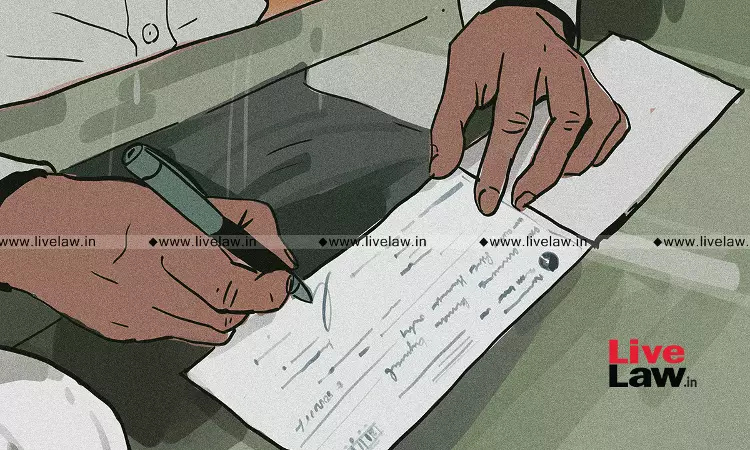NI Act Proceedings Should Be Concluded Expeditiously Without Going Into Unnecessary Technicality: Allahabad High Court
Sparsh Upadhyay
18 Oct 2023 8:41 PM IST

Next Story
18 Oct 2023 8:41 PM IST
The Allahabad High Court has observed that all the proceedings under the Negotiable Instruments Act 1881 should be concluded expeditiously without going into unnecessary technicality. The bench of Justice Arun Kumar Singh Deshwal observed thus given the Supreme Court’s directions issued in the case of In Re: Expeditious Trial of Cases under Section 138 N.I. Act, 1881 2022...
